
At RadStorm, a Halifax non-profit space for art, music, events, and community organizing, everyone’s perspective is welcome and valued. And that’s not just a platitude. It’s built into the organization’s governance.
RadStorm co-founder Capp Larsen describes the group as non-hierarchical, with decisions about the space and the future of the collective made among all members. Members are divided into smaller collectives who meet regularly, and all members are invited to gather oncea year or as-needed for overall planning. Anyone and everyone who shares the vision for an anti-oppressive arts space gets a say.
“It’s really special,” Capp says. “It creates a sense of ownership over the space and responsibility around the decisions that we’re making.”
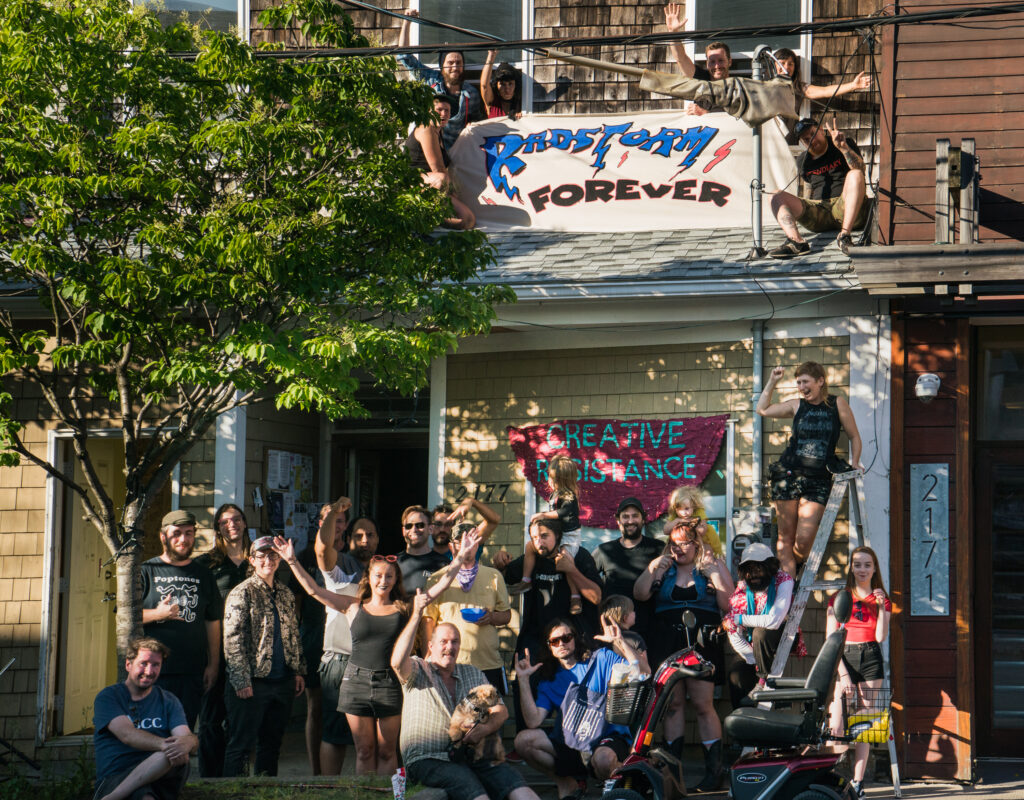
RadStorm members in front of the space. Photo: Andrea Cormier
And soon, RadStorm members will really own their space. After several moves over the years due to the Halifax rental market’s volatility, RadStorm is ready to purchase the building they’re operating in. It’s the perfect space, Capp says, meeting all the organization’s criteria, like physical accessibility, affordability, and a central location.
“Every time we move, it is a huge effort,” says Capp. She says she doesn’t know if the organization would survive another move in the current commercial real estate market.
Luckily, the owners of the Gottingen Street building have offered to sell it to RadStorm for a good deal, wanting the property to stay under community stewardship. “It’s an amazing opportunity,” Capp says.
Since launching the campaign in July, community members have bought almost $100,000 in RadBonds. The total goal is $350,000 in community bonds, which will complement an additional $50,000 in donations and $100,000 in government grants. The total $500,000 raised will cover the entire cost of the building and any closing costs associated.
“We looked into quite a few different possibilities on how to purchase the building,” says Capp, “ranging from seeking large government grants to a traditional mortgage to individual members buying the building and RadStorm being a tenant. We explored many different options. We liked the community bonds model the most because it was more financially sustainable than a commercial mortgage, has a realistic timeline for raising funds, and allows the building to be owned and operated by RadStorm far into the future.”
Community bonds also fit RadStorm’s progressive values. “We really like the idea of the interest we’re paying going back to the community members who are supporting us, rather than going into the pockets of a bank,” Capp says.
RadStorm is a hub for arts-lovers and progressive community organizers in the region. With 343 members and 1,000 space bookings every year for events, musical performances, and more, the space is important to people. The space offers an all-ages music venue, recording and rehearsal space, screenprinting studio, zine library, free food servings, and event space. Spaces like it are closing all across Canada — in the midst of an affordability crisis, arts and culture organizations simply can’t afford to keep up with the commercial real estate rental market and remain financially accessible to their communities.
Capp says community ownership could change the course of this crisis. “If more arts organizations could actually own their space and have control over their own space, that means longevity and that the organizations aren’t bouncing from one space to another, and spending the immense amount of resources it takes in order to move every few years,” she says. “Ultimately, it means that those organizations are able to stick around, be more financially sustainable and use their resources towards whatever their mandate is, rather than using their resources towards just trying to keep afloat.”
Capp has been involved with RadStorm for 20 years, since she was 20 years old. “It has been one of the most important spaces of my life,” she says, “learning new skills, meeting new people, and being a part of something that really gives my life purpose. And seeing young people who are starting to get involved, who are the age I was 20 years ago, and are discovering the space and how much it means to them, it’s so incredible. The idea that we would buy the building and have that level of impact on people’s lives for multiple generations is very inspiring.”
RadBonds are on sale until the end of the year, or until they sell out — find more information here.

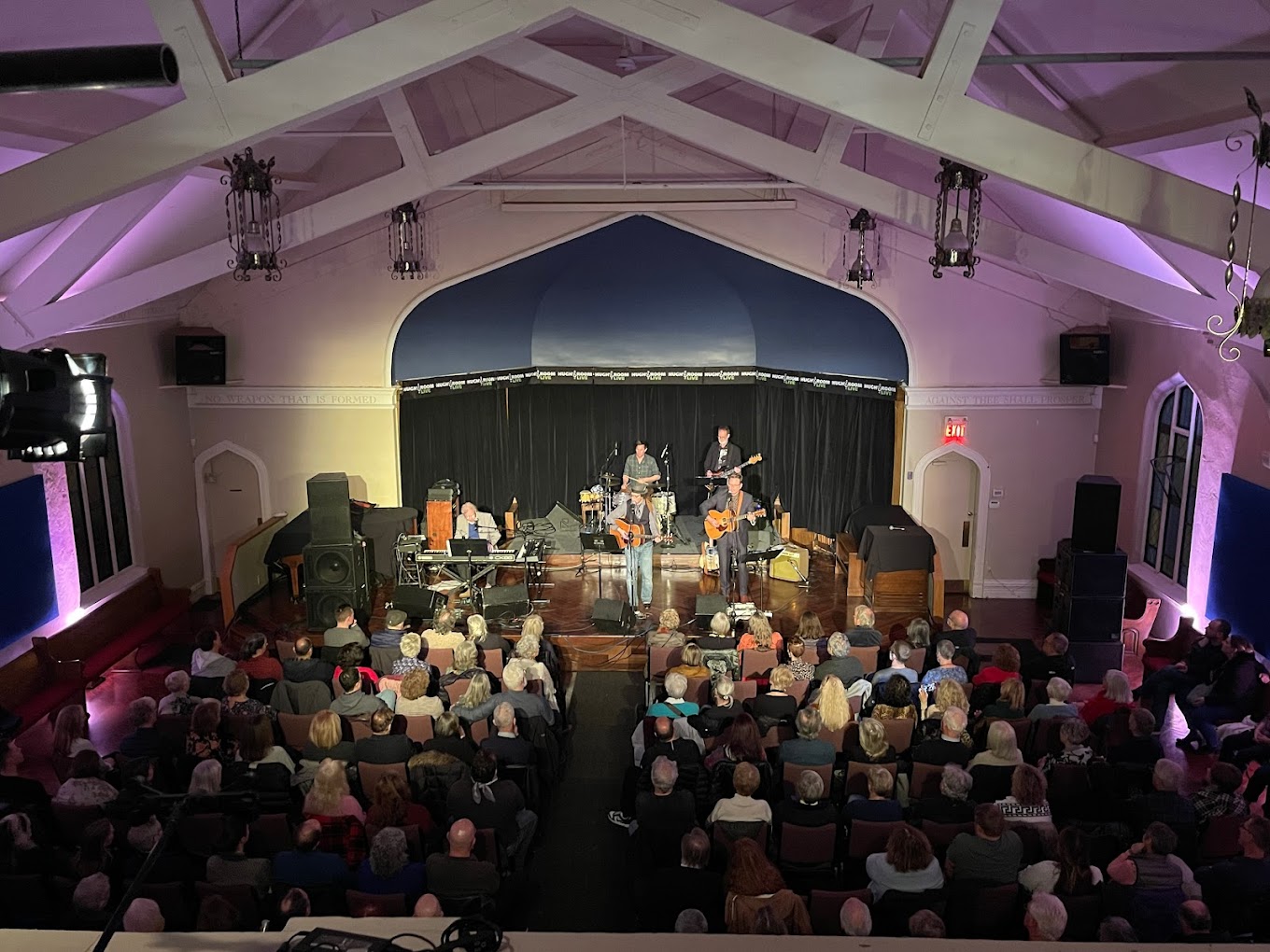
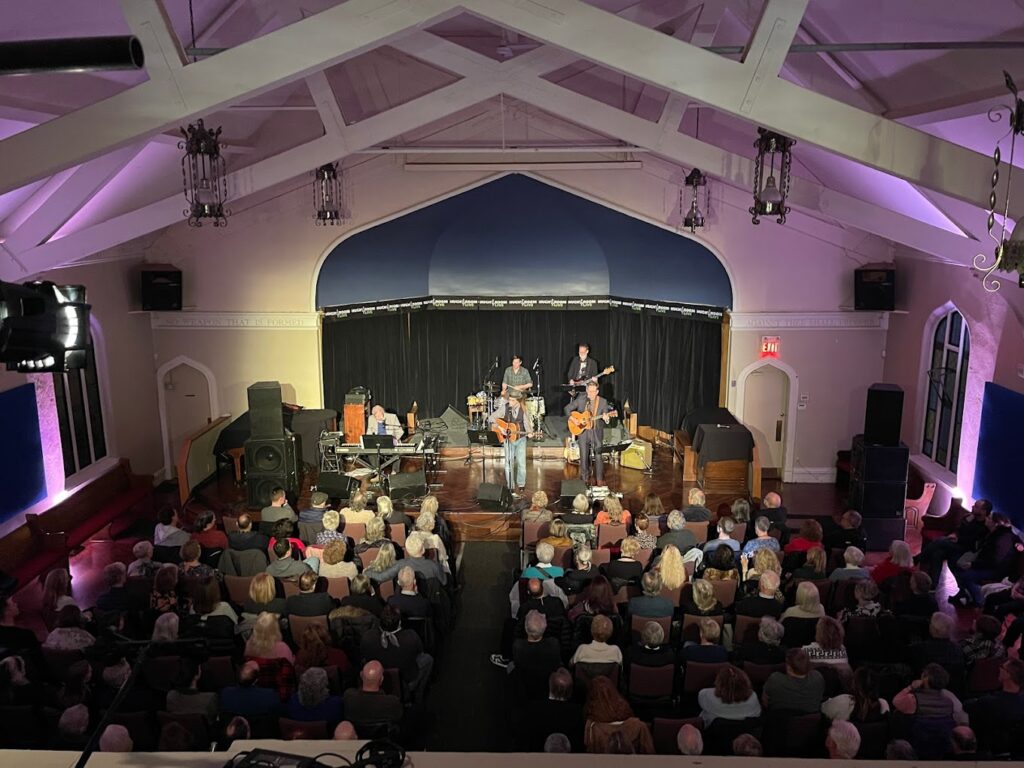
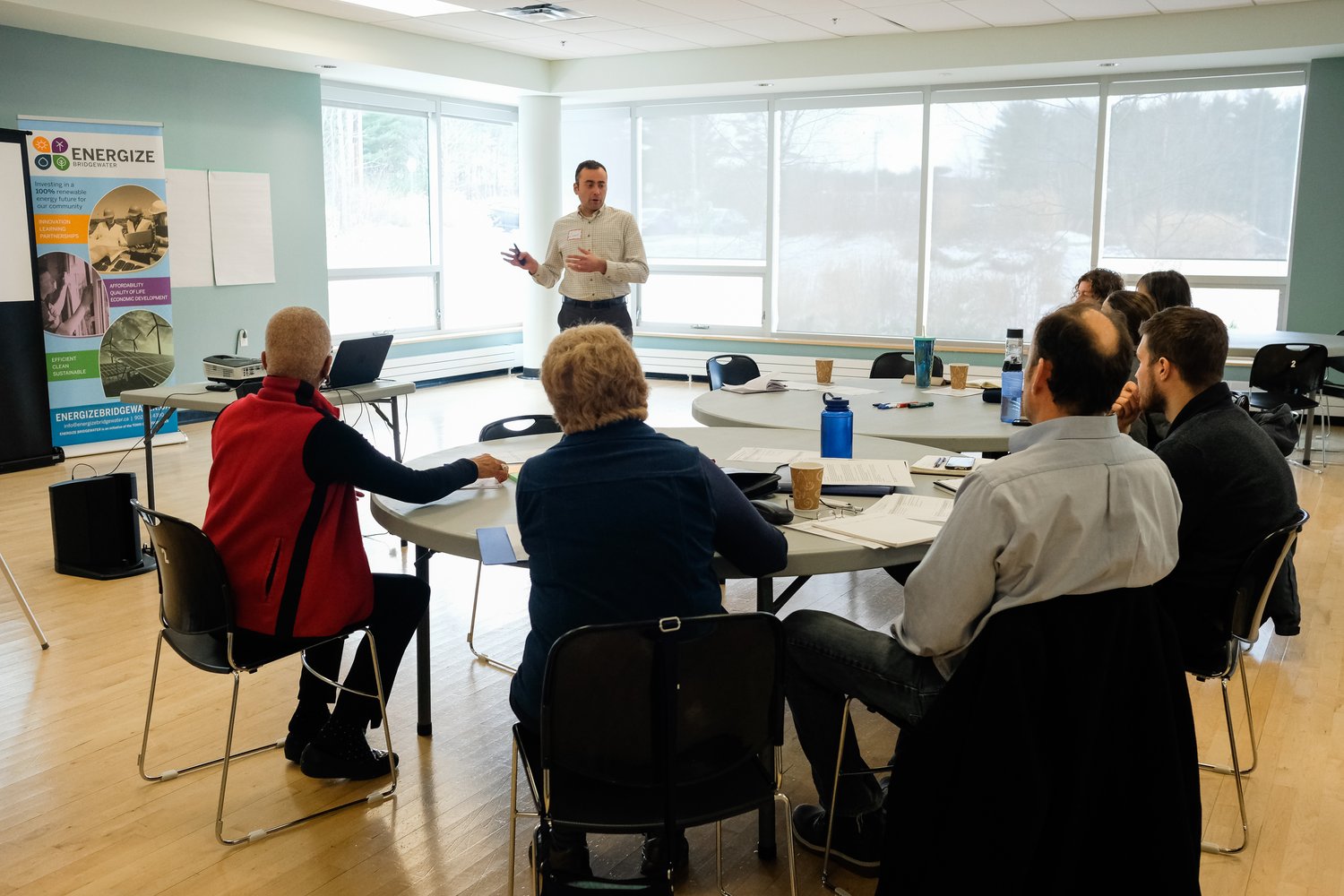
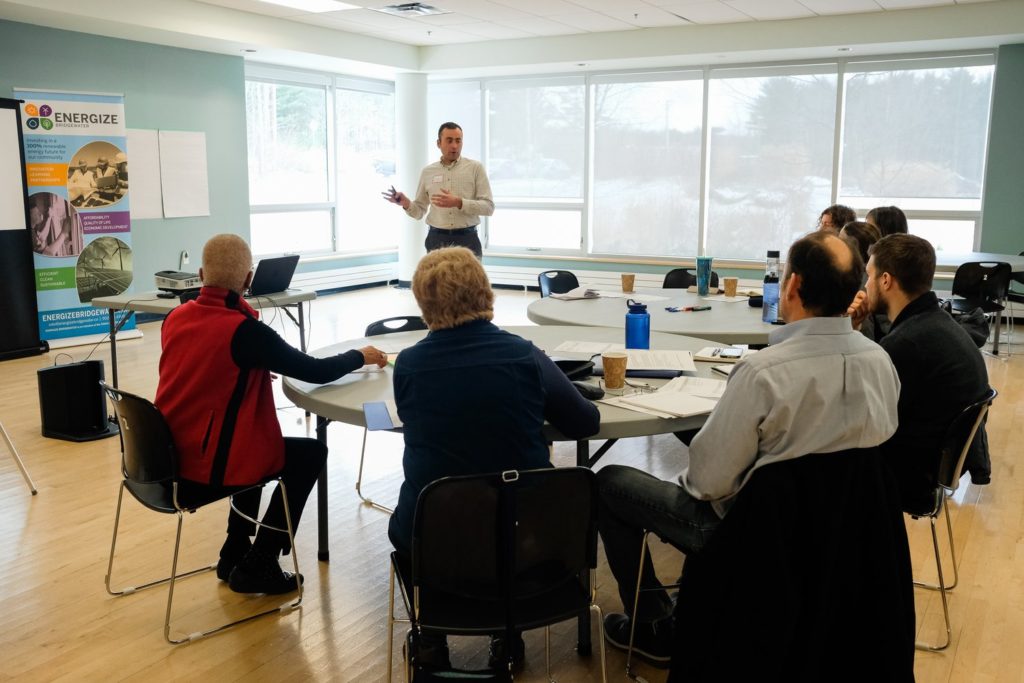
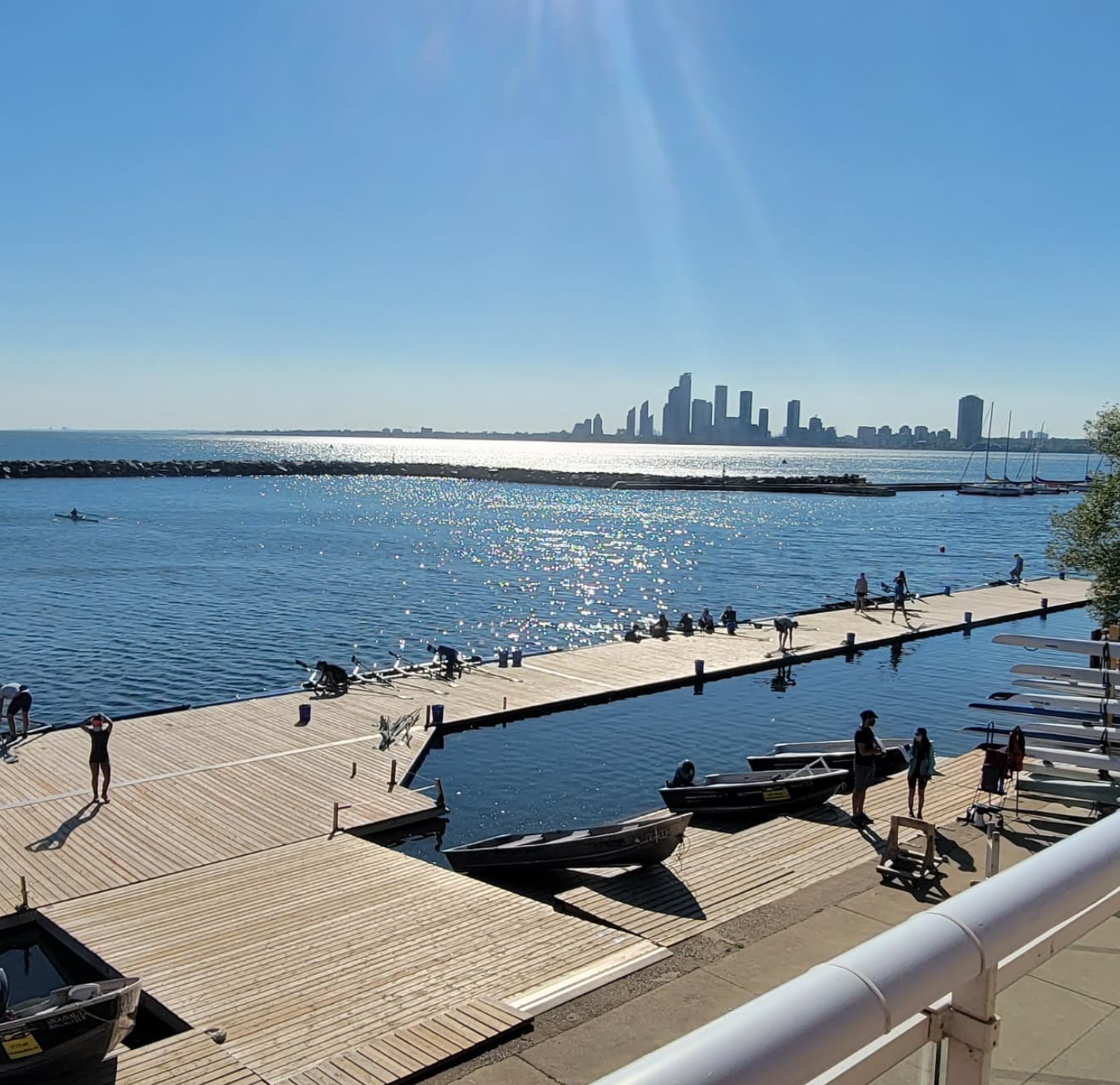
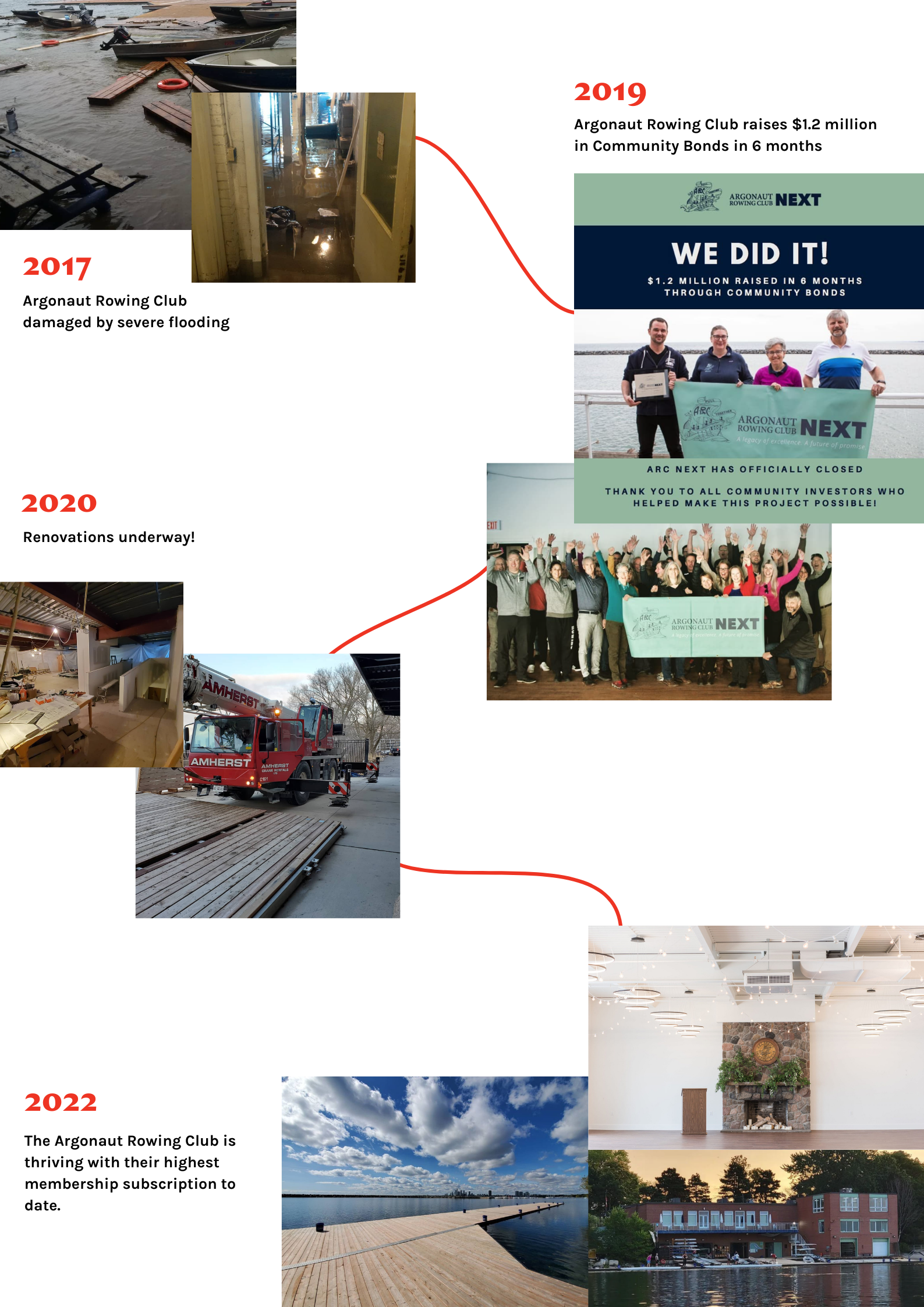
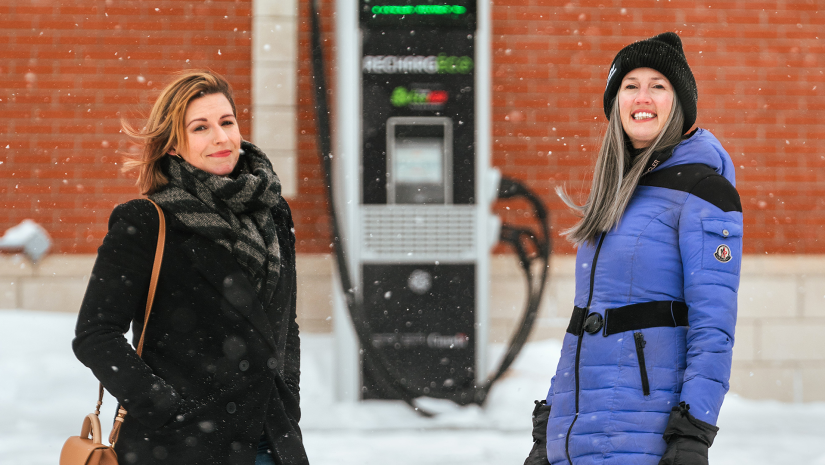
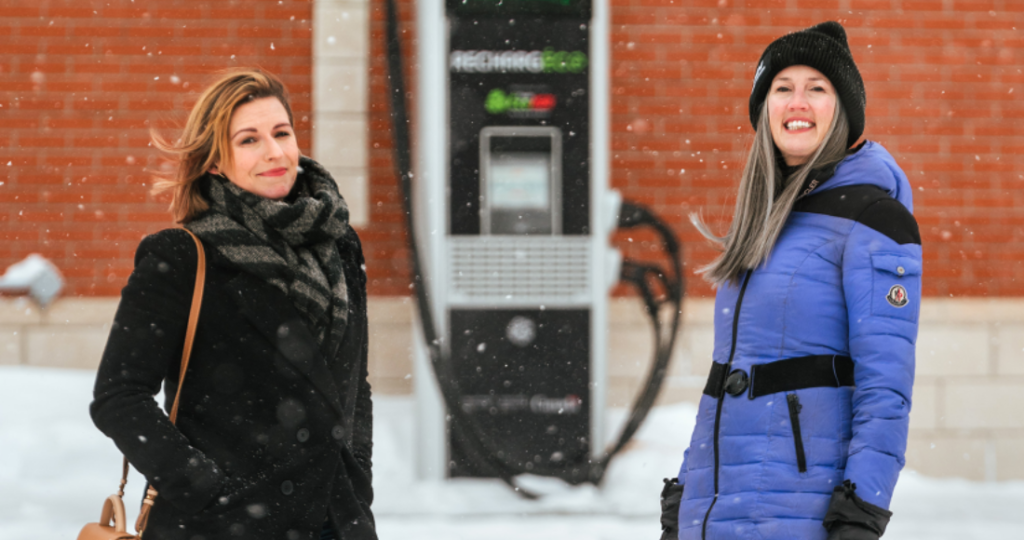
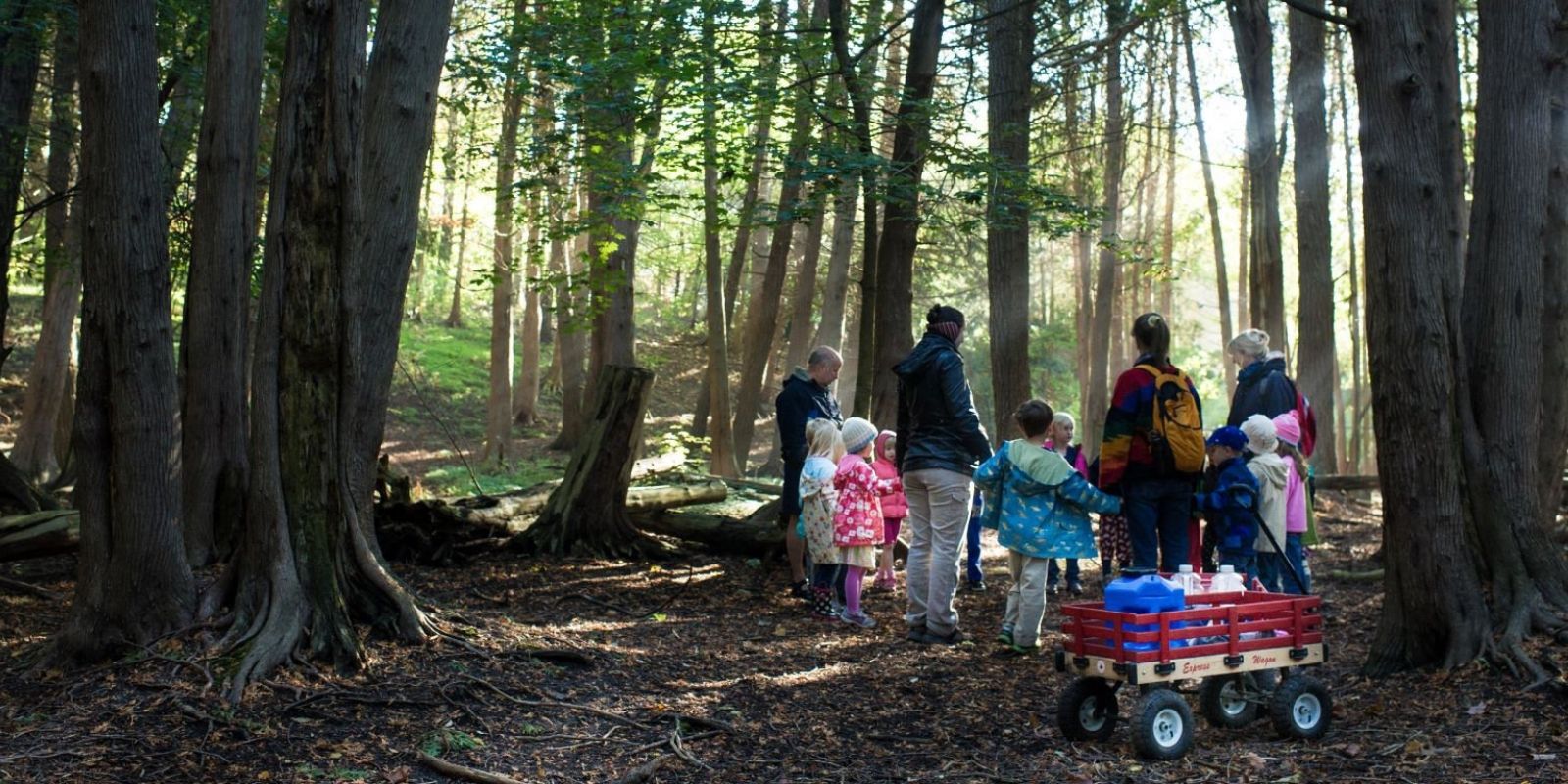



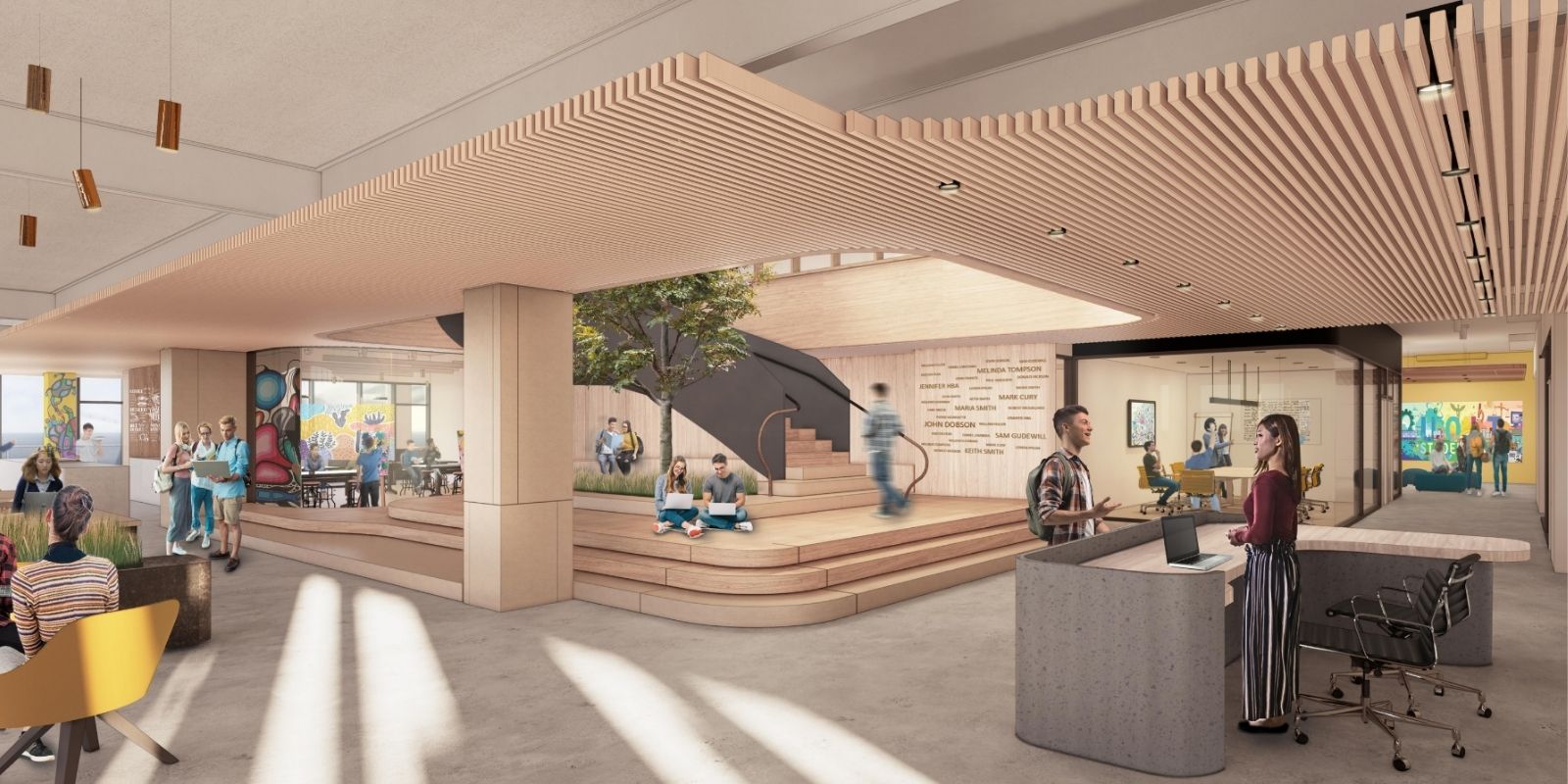
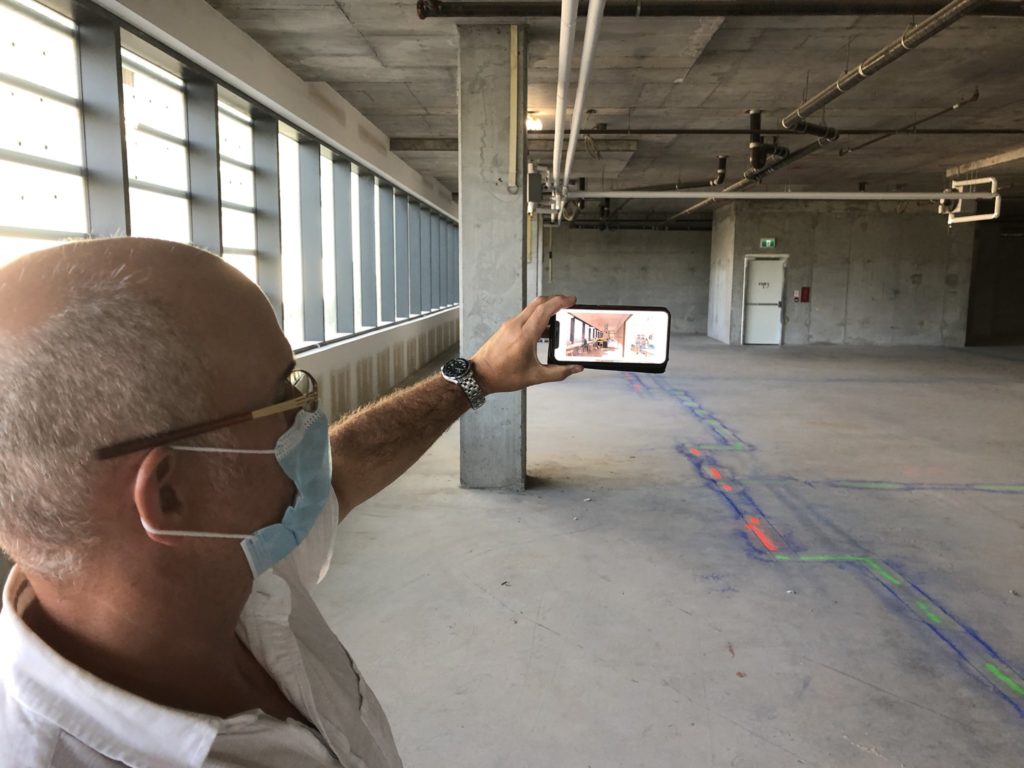

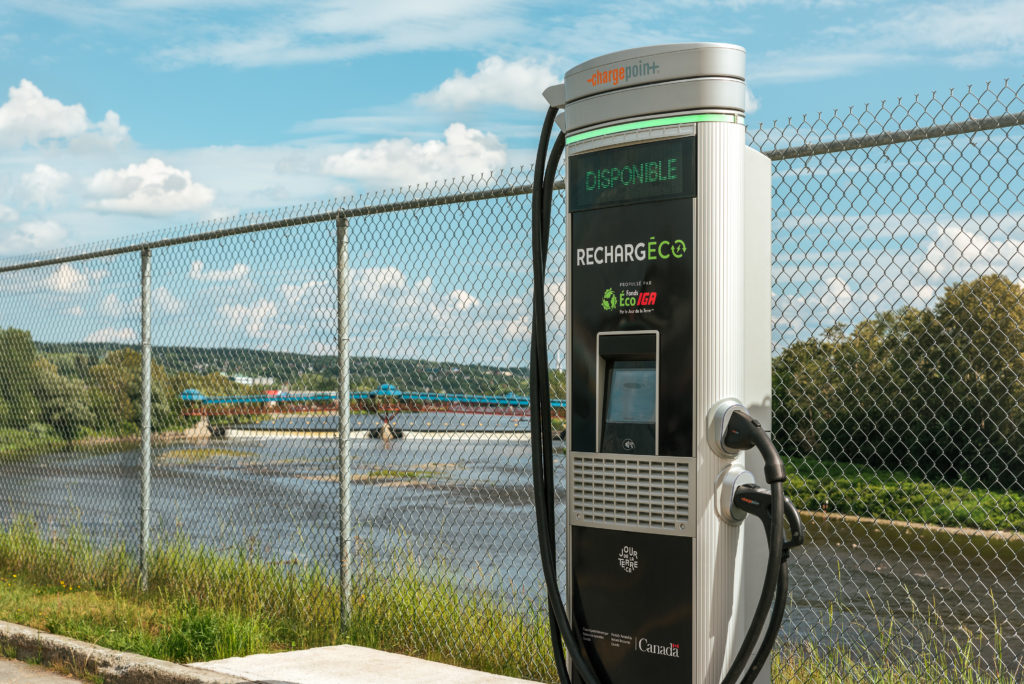

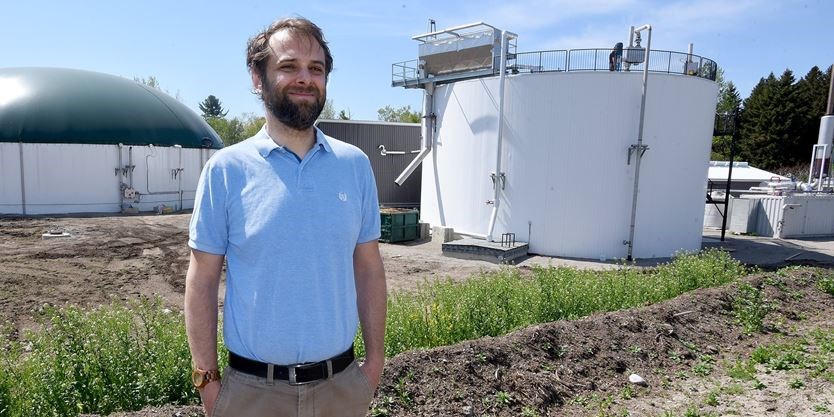
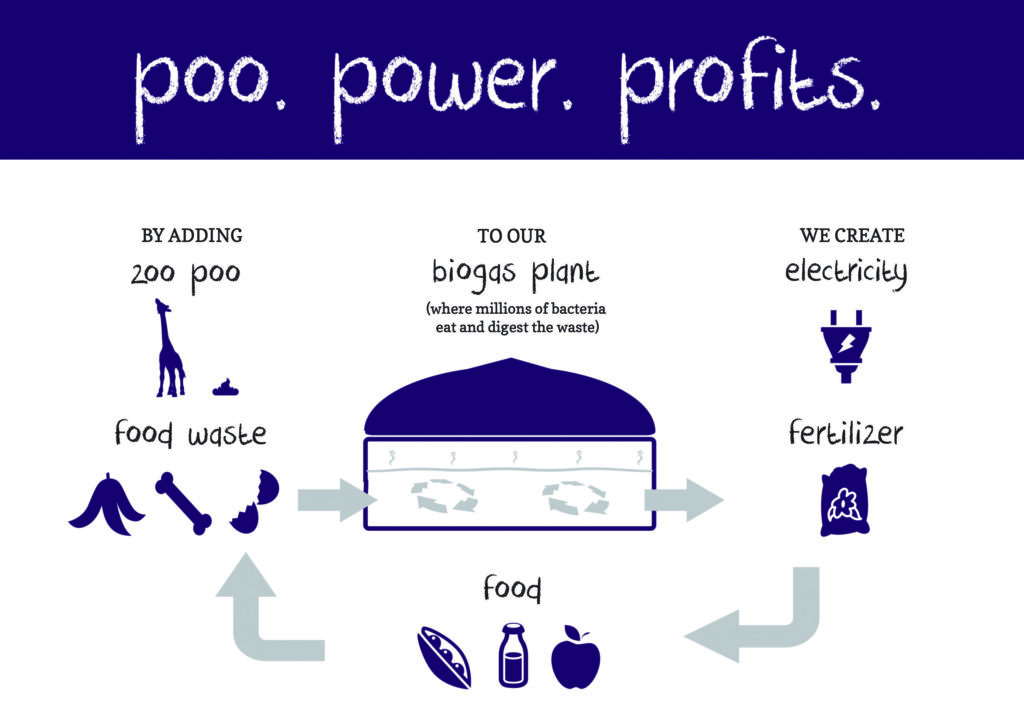
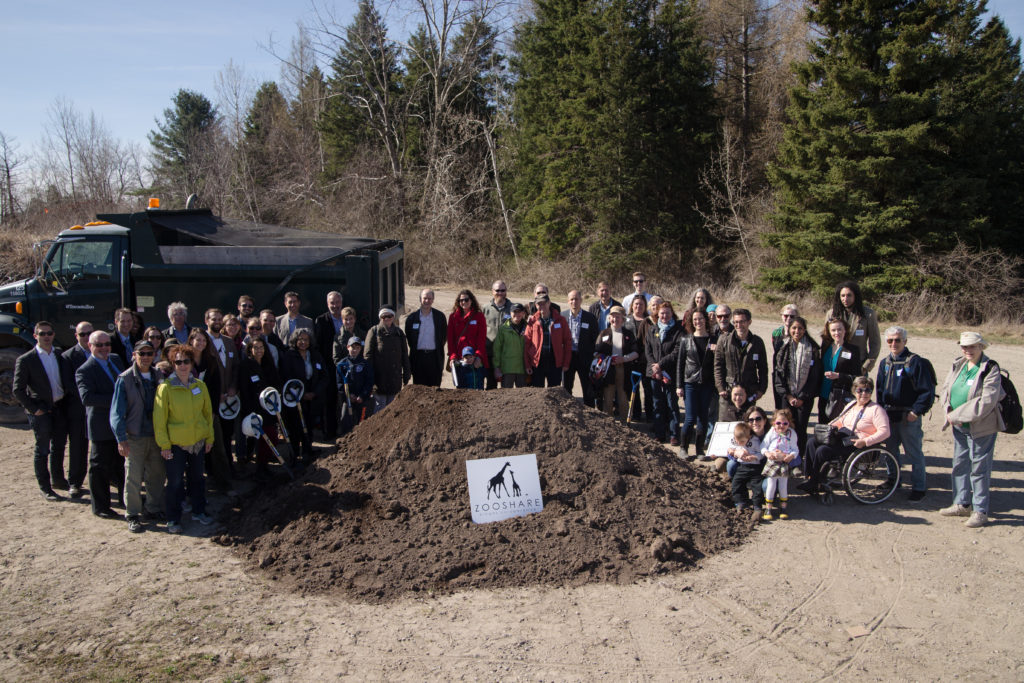
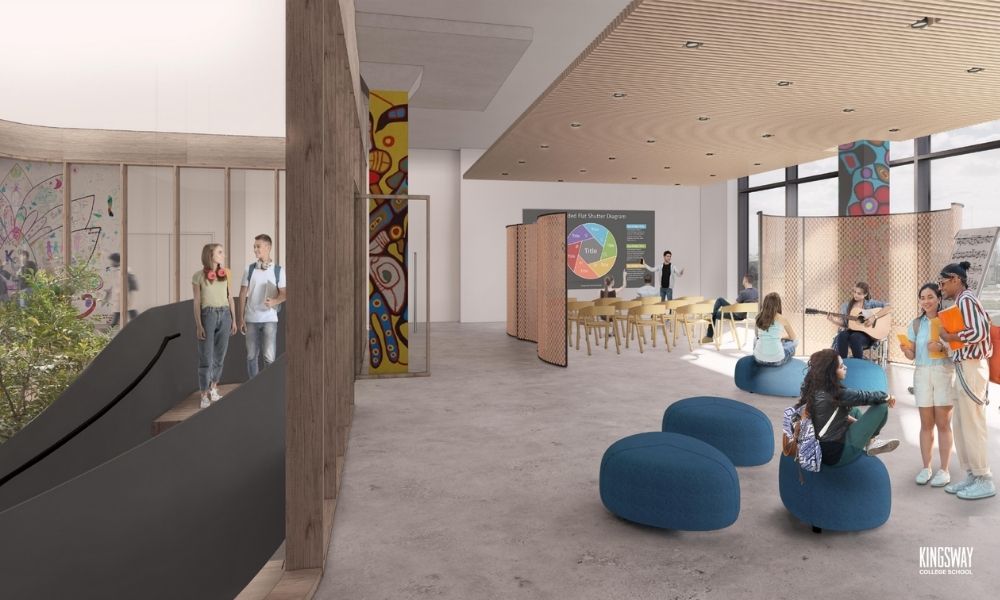
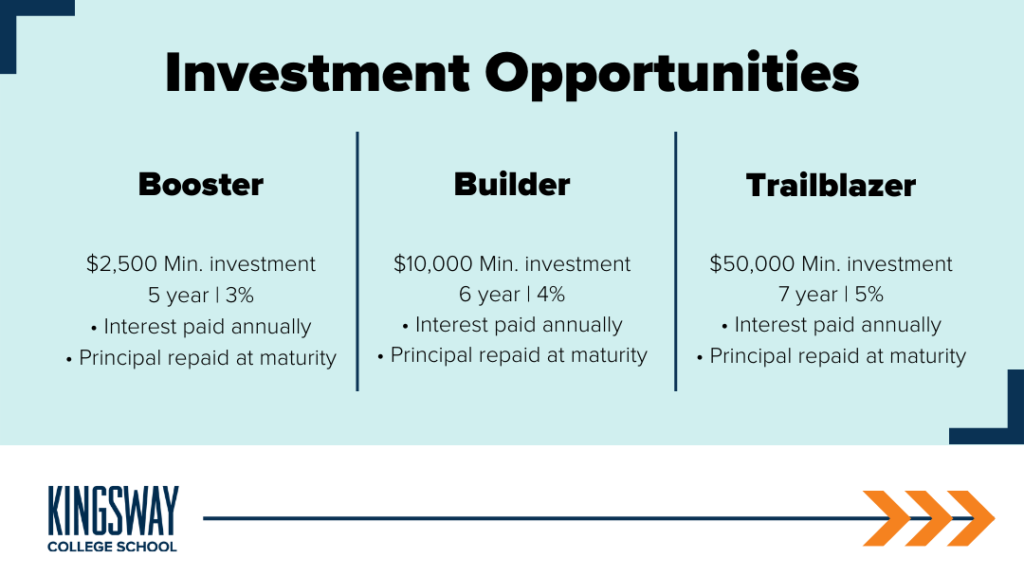
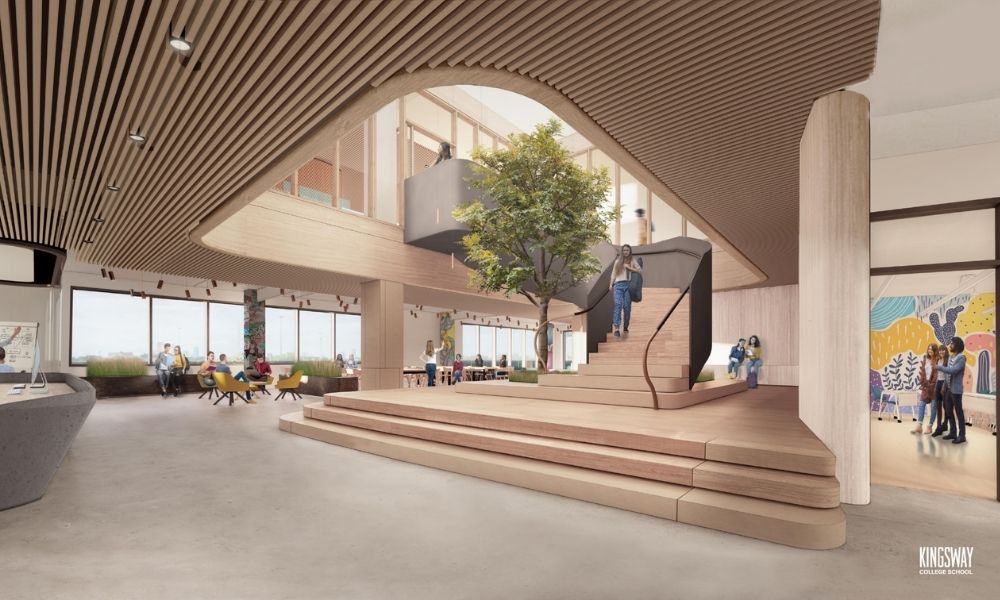
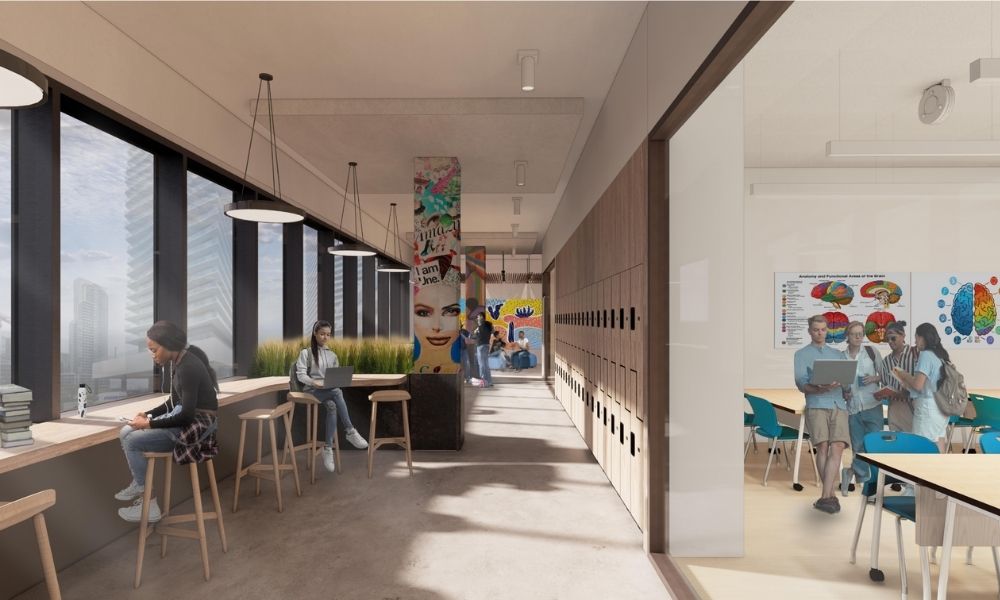
Recent Comments